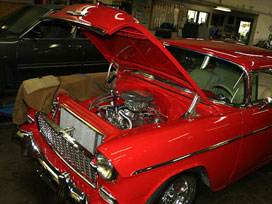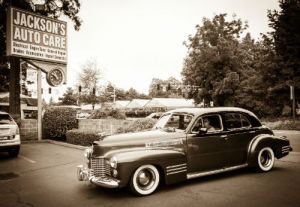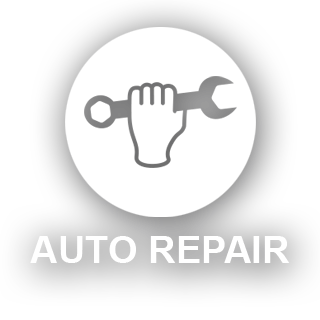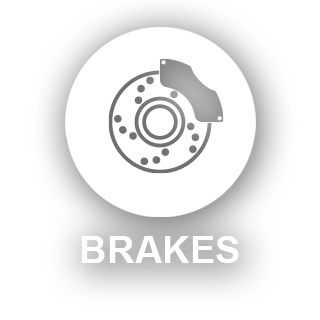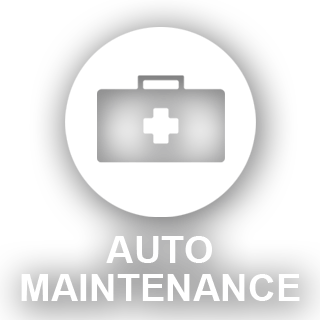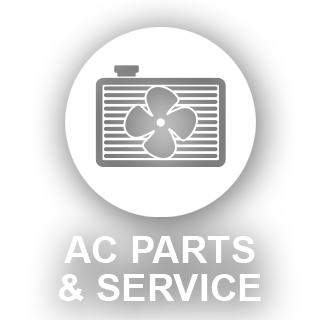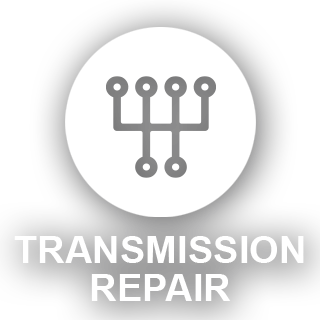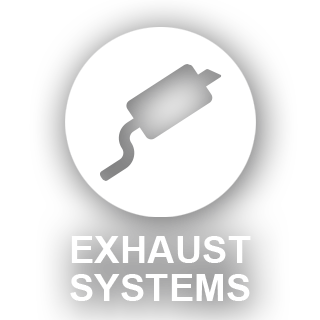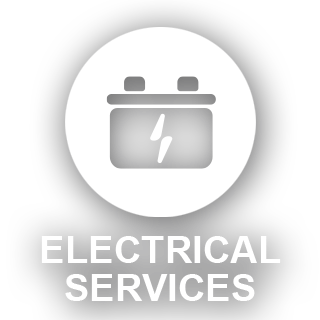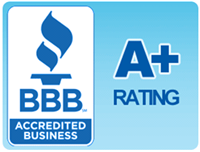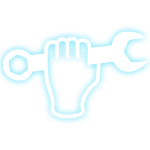Eugene, Oregon American Car Repair
Here at Jackson’s (Eugene, Oregon 97401 and 97402), we are proud to work on American Cars… Cars which have driven this country for more than a century.
Our talented AAA-certified technicians appreciate the simplicity and ease of repairing these cars, especially since they often share parts across different model lines.
Learn More
The history of the world automotive industry really starts with the history of the American auto industry. Were it not for Henry Ford and his wonderous conveyor-based production line, there is no telling what today’s auto manufacturing – or really any sort of manufacturing – would look like.
In many ways, the Auto industry in America is the America herself writ large, with all the brilliant successes and dismal failures that come along with being part of the most powerful culture in history.
Frank Winslow Taylor is probably the most important man you’ve never heard of. The system he invented, “scientific management,” hasn’t been used for almost a century. And yet, the impact of Taylorism can be felt in every sector of society today. His determination to drive efficiency and measurability underlay ways of working in the United States that are almost invisible for their ubiquity.
Toyota Motor Company, the world’s largest and most successful auto maker, owes Taylor a great deal. Their lean manufacturing ethic has its direct root in Taylor’s work.
More importantly for the story of American automakers is Taylor’s influence on an up-and-coming engineer Henry Ford, who was then working for the Edison Illuminating Company. Thanks to a generous salary, he was able to devote time to his favorite hobby: constructing gasoline engines and carriages.
The idea of the modern automobile was just taking shape when, backed by lumber baron William H. Murphy, Ford resigned from the Edison Illuminating Company to form his first automobile manufacturing concern: the Detroit Automobile Company in 1899.
This first experiment in car development was a disaster: the results were both more expensive than initially expected and far less reliable than they should have been. It lasted all of two years before being dissolved.
After a long series of missteps, the Ford Motor Company finally came together in 1902. Six years later, on the first of October 1908, the first Model T rolled off the assembly line. It was the archetype of what the American car would become: left-hand drive, simple to operate, affordable to purchase, and inexpensive to maintain. It was not until five years later, in 1913, that everything changed.
Henry Ford was always a competitive man. When he caught wind of Taylor’s new concepts, Ford didn’t just seek to implement them: with his keen engineering mind, he sought to be outdo Taylor himself.
The main criticism of scientific manufacturing centered around its careless (some would even say brutal) treatment of workers. Essentially, Taylor believed that the bottom line was the bottom line, and whatever strain and wear you had to put the bodies and minds of your workers through was worth the payout at the end.
Though Ford used many of the same ideas as Taylor advocated, his treatment of his workers was notably magnanimous. He paid well over the prevailing wage to his workers, and provided them with enviable amenities. In this, he established a standard of paternalistic capitalism which would continue to provide skilled workers with high wages, excellent benefits, and paid retirement well into the 1980s.
Unfortunately, many of the other drearier aspects of industrial work also crept in on Ford’s conveyor belt: repetitive, unengaging piecework, fast-pasted tasks that must be completed with exacting detail, de-generalization and hyper-specialization, and all the very precise scheduling and logistics that form the brain and nervous system of any serious manufacturing operation.
All these now-familiar themes were so successful than in short order all large American automakers followed suit, along with every other sector. Colleges began to burst with graduate students studying the best ways to wring the most labor out of humans plus time.
Competition with the Soviet Union, who themselves were enamored with Taylor’s work, only drive this new fascination with scientific manufacturing in a broader sense to a fever pitch. This utterly transformed the landscape of American manufacturing first, and then the manufacturing culture of the entire planet.
Everything we know about and expect from so-called “blue collar” workers has its genesis in Ford’s implementation of Taylor’s ideas, and his adaption of these ideas to the necessities of a real manufacturing facility.
We sometimes underestimate the impact that ideas have on our everyday lives, but as the story of Taylor and Ford shows, sometimes ideas can become so powerful that they become the normal expectation and disappear almost completely. This in turn shapes everything that happens, all the time.
All this because a slightly eccentric young man thought the gasoline-engine-powered car was the future… and was right.
Of course, each of the Big Three American auto makers has their own story. In a way, it’s everyone’s story. We live in an automobile nation. Our winding roads and wide expanses beg to be driven. Our interstates connect us all city to city and coast to coast.
With the new lower price of gas, the Great American Road Trip is once again becoming a Summer tradition. Who knows? Maybe the Big Three will start building wood-panel station wagons again. Stranger things have happened.
Whatever the future of the American auto market holds, we here at Jackson’s Auto Care are prepared. Decades of combined experience and the latest technology mean we can work on anything… maybe even your old Model T.
We are ready to be the caretakers of your American vehicle, performing both repairs and regular service with excellence and pride. Jackson’s Auto Care understands American cars and the people who drive them. Their talented auto technicians will explain everything simply and completely, so there aren’t any surprises when they are done.
When you need auto repair in the 97401 area code, the 97402 area code, or anywhere near the Eugene, Oregon area, Jackson’s Auto Care is there.
Whether you drive a Ford, Mercury, Lincoln, Chevy, Buick, Oldsmobile, GM, Cadillac, Dodge, Chrysler, Plymouth, Ram, or any other American marque, you will find what you need at Jackson’s Auto Care.
Eugene, Oregon American Car Repair
At Jackson’s Auto Care, we are ready to address any American car’s mechanical issues. Whether it is periodic maintenance or full engine overhauls, Jackson’s Auto Care has what it takes. Give us a call today.
Here are some of the services we offer at our AAA-Approved Auto Repair facility:
Select an icon below to view more information.

